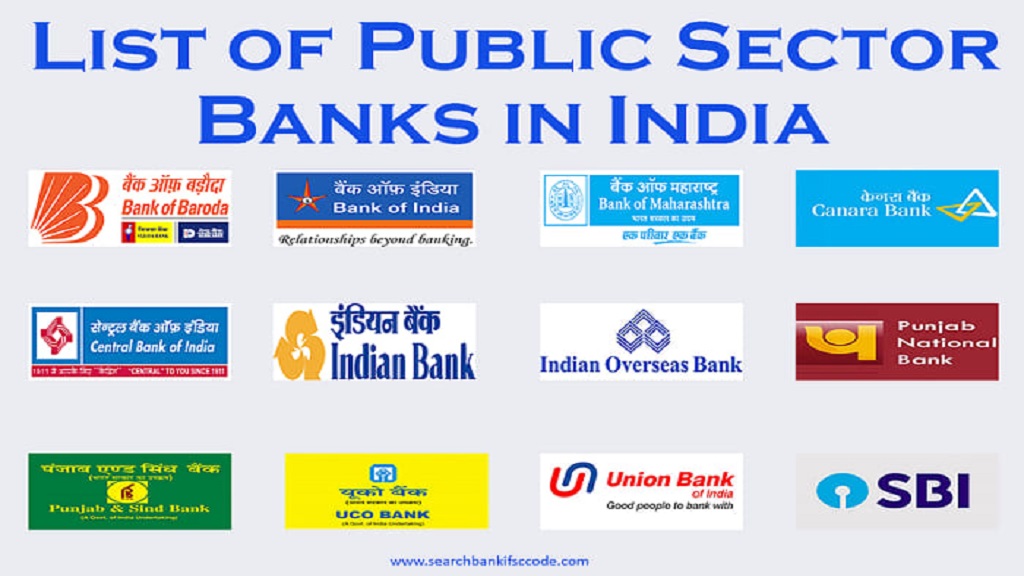Achieving Financial Success: Tips for Improving Your CIBIL Score in Record Time
Created at: 2023-05-27
Introduction:
Your CIBIL score is one of the most important factors that lenders consider when deciding whether to approve your loan or credit card application. A high CIBIL score is an indication that you are a responsible borrower and are likely to repay your debts on time. On the other hand, a low CIBIL score can make it difficult for you to get approved for a loan or credit card.

If you are worried about your CIBIL score, don't panic! There are several ways you can improve your CIBIL score fast. In this blog post, we will discuss 5 guaranteed ways to improve your CIBIL score and achieve financial stability.
- Check Your Credit Report Regularly
The first step to improving your CIBIL score is to check your credit report regularly. Your credit report is a record of your credit history and contains information about your credit accounts, payment history, and outstanding debts. By checking your credit report regularly, you can identify any errors or inaccuracies that may be affecting your CIBIL score.
If you find any errors or inaccuracies in your credit report, you can dispute them with the credit bureau. Once the errors are corrected, your CIBIL score will improve.
- Reduce Your Credit Utilization Ratio
Your credit utilization ratio is the percentage of your available credit that you are using. For example, if you have a credit card with a limit of Rs. 50,000 and you have used Rs. 25,000, your credit utilization ratio is 50%.
A high credit utilization ratio can negatively impact your CIBIL score. To improve your CIBIL score, you should aim to keep your credit utilization ratio below 30%. This means that if you have a credit card with a limit of Rs. 50,000, you should aim to use no more than Rs. 15,000.
- Make On-Time Payments
Making on-time payments is one of the most important factors that affect your CIBIL score. Late payments can have a negative impact on your CIBIL score, while on-time payments can help improve it.
To improve your CIBIL score, you should make sure to pay your bills on time every month. Set up automatic payments or reminders to ensure that you don't miss any payments. Even one late payment can have a significant impact on your CIBIL score, so it's important to be diligent about paying your bills on time.
- Maintain a Good Credit Mix
Having a good credit mix can also improve your CIBIL score. A credit mix refers to the different types of credit that you have, such as credit cards, loans, and mortgages.
Having a mix of different types of credit can demonstrate to lenders that you are able to manage different types of debt responsibly. However, it's important to only take on credit that you can afford to repay.
- Keep Your Credit Accounts Open
Closing your credit accounts can negatively impact your CIBIL score. When you close a credit account, it reduces your available credit, which can increase your credit utilization ratio.
To improve your CIBIL score, you should aim to keep your credit accounts open, even if you are not using them. This is because the length of your credit history plays a crucial role in determining your credit score. The longer your credit history, the better your score is likely to be. So, if you have a credit card that you've had for a long time, keep it open and use it occasionally. However, make sure you keep the balance low and pay your bills on time.
- Avoid applying for too much credit at once
Every time you apply for credit, it is recorded on your credit report. Multiple applications in a short period of time can make you appear desperate for credit and can hurt your credit score. This is because lenders may see you as a high-risk borrower who is trying to obtain too much credit too quickly. To avoid this, only apply for credit when you really need it and try to limit your applications to one or two a year.
In conclusion, improving your CIBIL score is not a one-time event. It requires consistent effort and responsible credit management. By following the tips outlined in this article, you can improve your credit score and increase your chances of getting approved for credit in the future. Remember, a good credit score is an important asset that can help you achieve your financial goals and improve your overall financial health.




